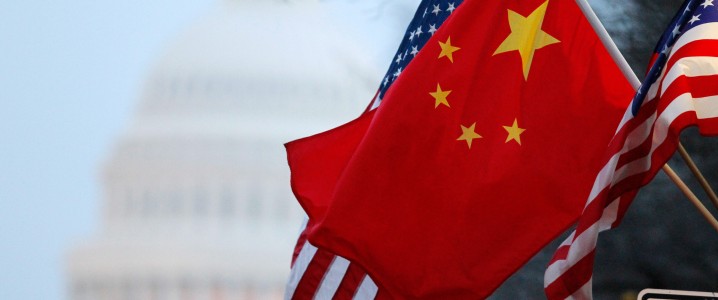WTI Falls Below $70 On Global Rise In COVID Cases

The U.S. benchmark, WTI Crude, slumped below $70 per barrel early on Tuesday in the second day of sell-offs triggered by surging COVID cases worldwide, including in the biggest economies, the United States and China.
As of 10:10 a.m. EDT, WTI Crude was down to $69.35, down 2.81% on the day, and Brent Crude traded at $71.25, down by 2.21%.
Oil prices started August with a loss on Monday, plunging by more than 3 percent as Delta variant cases in the world continue to climb. The Delta variant has spread to 32 Chinese provinces within the last two weeks, indicating a rapid spread. China also saw its weakest manufacturing sector expansion in 15 months, according to the Caixin China General Manufacturing Purchasing Managers’ Index (PMI).
The market tried to shake off Monday’s sell-off on Tuesday, but after a short-lived rebound, oil prices headed down again.
“Crude futures briefly steadied early Tuesday in Asia amid some bargain-hunting prompted by Monday’s slump of more than 3%, but the meagre buying appetite was quickly exhausted. Worries over a continuing global surge of Covid led by the Delta variant crimping oil demand are once again dominating sentiment,” Vanda Insights said in a note early on Tuesday.
“The US and China, world’s top two economies that were regarded as having brought Covid under control in their own ways, are confronting a threatening surge in cases led by the more contagious Delta strain,” according to Vanda Insights.
On Tuesday, the Chinese capital Beijing shut down some transport links as the more contagious variant spread to the cities, while in the U.S., a professor of medicine saidthat the Delta variant “has changed the game.”
“Investors have once again been forced to weigh the risk to consumption given the continued spreading of the delta coronavirus variant,” Saxo Bank said in a daily note on Tuesday.
“With OPEC+ currently increasing production, the market once again fret whether demand growth will follow the expected upward trajectory forecast by the IEA and OPEC,” the bank’s strategists added.




